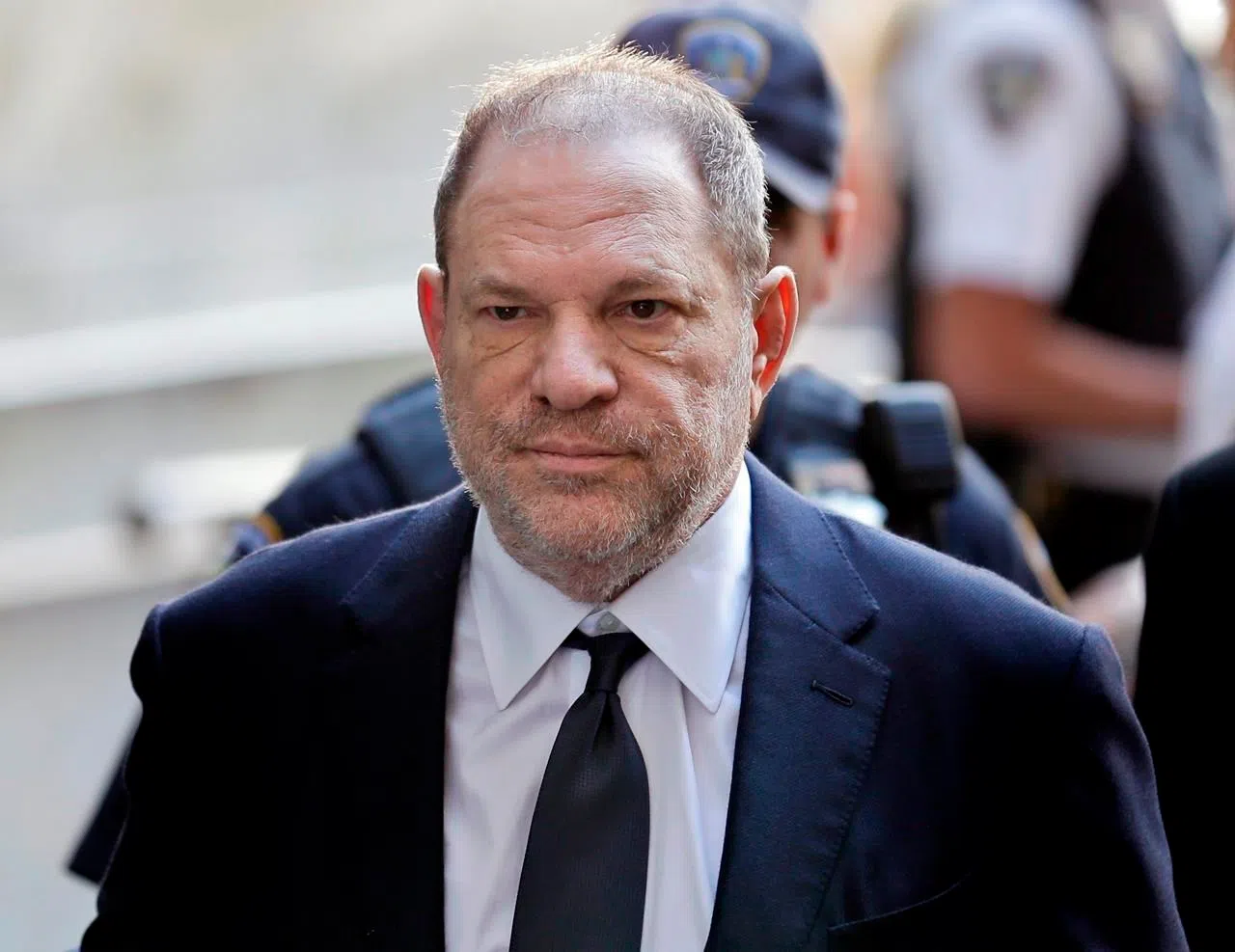
Manhattan DA drops part of Harvey Weinstein case
NEW YORK — Prosecutors in New York City abandoned part of their sexual assault case against Harvey Weinstein on Thursday after evidence surfaced that a lead police detective coached a witness to keep quiet when she raised doubts about the veracity of one of the allegations.
Weinstein, 66, looked on as a judge agreed to dismiss the lone charge related to Lucia Evans, who helped spark the #MeToo movement a year ago when she told The New Yorker that the Hollywood mogul had forced her to perform oral sex in 2004 when she was a college student and fledgling actress.
Weinstein’s lawyer, Benjamin Brafman, unsuccessfully urged Judge James Burke to deep-six the whole case, telling him: “The integrity of these proceedings has been compromised.”
The bulk of the prosecution case remains intact, with Weinstein still facing five charges over allegations that he raped an unidentified woman in his Manhattan hotel room in 2013 and performed a forcible sex act on a different woman in 2006. A conviction on the most serious charges could put him in prison for the rest of his life.


